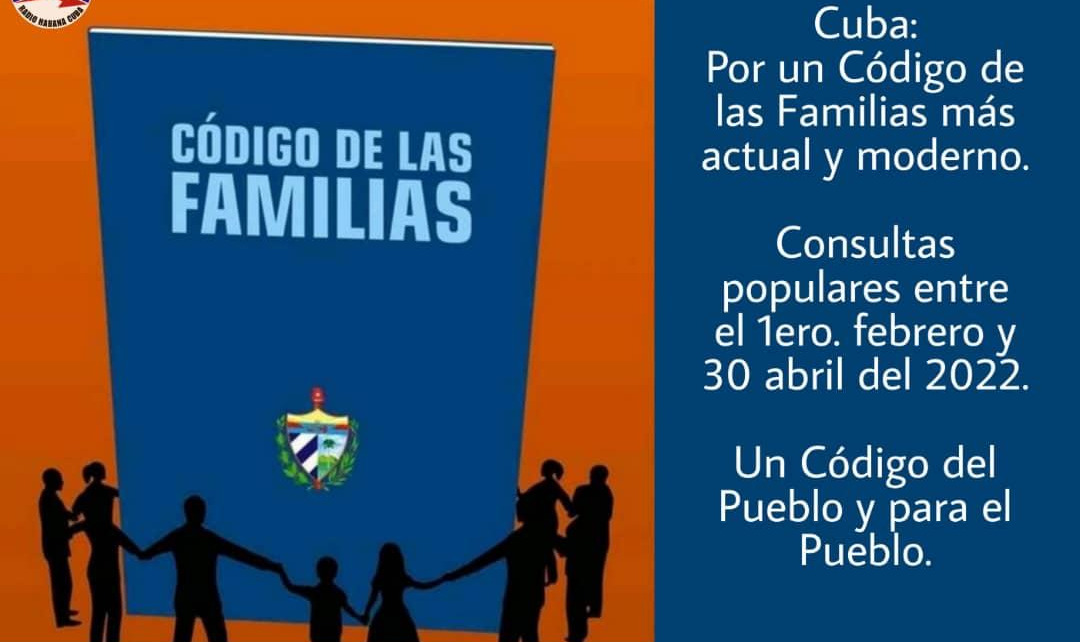
Popular consultation on the preliminary draft of the new Family Code began this month in Cuba, which, experts agree, shows a significant advance in the protection of people who, because of their condition, may be in a situation of vulnerability, ranging from children and the elderly to those with disabilities.
By María Josefina Arce
Popular consultation on the preliminary draft of the new Family Code began this month in Cuba, which, experts agree, shows a significant advance in the protection of people who, because of their condition, may be in a situation of vulnerability, ranging from children and the elderly to those with disabilities.
Attention to these citizens and the search for their reintegration into society has always been a concern of the government. Cuba has a total of eight national programs in the area of health that guarantee the improvement of the quality of life of these people.
The educational preparation of those with special needs is also encouraged, with a view to their admission to university.
It is valid to clarify that along with these and many more actions of the authorities, the protection of this sector is also reflected in the Code that currently governs, but times change, other demands, needs and challenges arise that require a new vision, way of acting and mechanisms to guarantee the prerogatives of all citizens.
In fact, the text insists on equality of conditions and the defense of the right to self-determination of these people, who also have a voice and are an important part of society.
Particularly noteworthy is that it reflects their right to formalize marriage or to form an affective union, to have children and to have access to assisted human reproduction techniques.
The document commits, the experts point out, the agencies and organizations of society and the state to promote programs aimed at encouraging favorable attitudes in all areas.
It is a non-discriminatory and non-taxing purpose to support and safeguard this segment of the population, whose potential and capabilities are different.
Arduous has been the work of the last months to reach this new text, according to current situations and problems and in line with the Constitution approved in 2019 and with the United Nations Convention on the Rights of Persons with Disabilities.
The preliminary draft of the Family Code, on which today the citizenship issues criteria, deepens the state, family and social protection, and is a sign of the political will to advance in terms of social justice.

